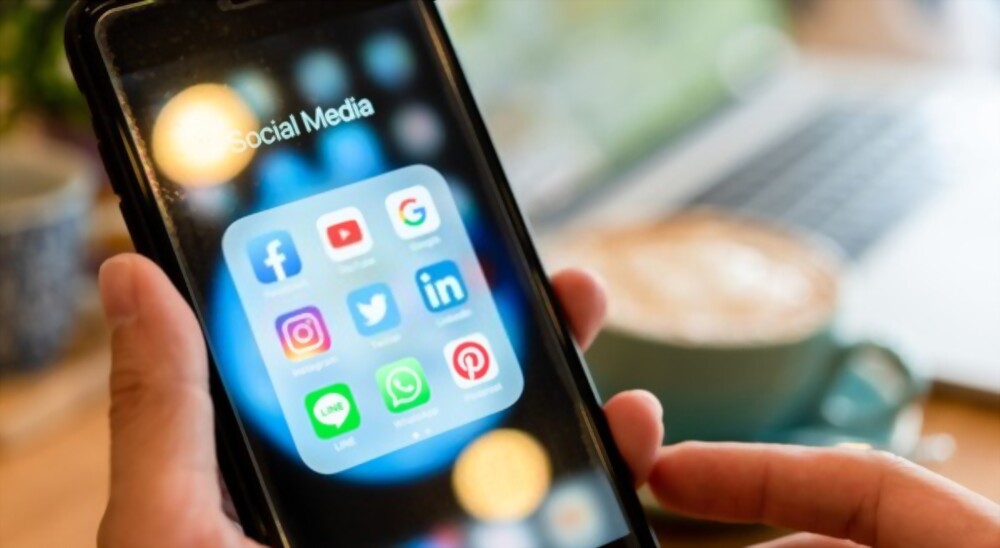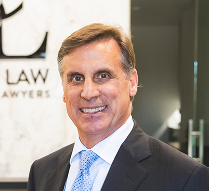
Social media has become a popular way for people to share their lives with others. It’s natural to want your friends and family to know what you’ve been up to by posting pictures of your recent vacation or discussing a major event that took place in your life.
Unfortunately, your social media posts can negatively impact the outcome of your case if you’re hurt in a car accident. Insurance companies typically review the claimant’s public accounts for evidence they can use to deny the claim and protect their bottom line.
You should consider hiring an experienced car accident lawyer in Oklahoma City immediately after sustaining an injury in an accident. You need someone by your side to guide you through the complex process of an insurance claim. A car accident lawyer in OKC can give you advice about what you should and shouldn’t do during your ongoing case, including tips on good social media use.
Social Media and Your Personal Injury Case: What to Know
Recovering from a car accident can be a long, lonely process. You have plenty of time to sit around and scroll through your social media accounts. Liking Facebook posts and sharing cute puppy videos might seem like an excellent and low-key way to pass the time.
Unfortunately, your online activity can be subject to scrutiny by the insurance company. If you filed a claim after the car crash, the adjuster could use your posts, comments, likes, shares, and tags against you. Even if you post a picture from years ago to reminisce on a fun memory, it could prevent you from securing the maximum compensation you need.
What Not to Post
When you’re recovering from a car accident, posting some things is safe, while other activities could ultimately result in a lower settlement. Let’s explore some of the do’s and don’ts:
- Casual likes are acceptable – You can casually like videos or posts you see in your news feed. However, using social media too much could indicate you’re not taking the time to focus on treating your injuries. The insurance company handling your claim might take your abundance of “likes” as evidence you’re further along in the recovery process than you actually are.
- Don’t post photos – As long as your insurance claim is pending, you should refrain from posting pictures on social media. Even if the photo shows your arm in a cast, the insurance company could use it to prove your injury hasn’t interfered with your life because you’re well enough to go out and socialize.
- Check in with friends offline – You should inform everyone you spend time with to avoid posting pictures of you on their accounts. Someone might think tagging you in a photo enjoying a dinner out is innocent. However, the insurance adjuster could argue that a photo of you smiling during a social gathering is proof that your injury isn’t actually serious.
- Minimize your online conversations – You can comment on someone’s post or photo every once in a while. However, you should keep conversations to a minimum. The more you interact with others online, the more evidence the insurance company will have to argue that you’re not in pain or suffering from your injury anymore.
- Don’t talk about your case – If you want to discuss the accident, your recovery, or the status of your claim, talk to your lawyer. Think of your social media platforms as legal documents. Any information you communicate to others becomes evidence the insurance company can use to justify offering a low settlement or denying your claim entirely.
How Cain Law Can Help You
If you suffered injuries in an Oklahoma City car crash, you should contact Cain Law today. We’re available 24/7 to take your call so you can speak with us when you need us most. We also take cases on contingency, so you won’t face the burden of upfront fees or costs.
We’ve recovered more than $80 million on behalf of our clients, so you can feel confident knowing we will fight for you. Contact us right now for a free consultation with a dedicated and trusted personal injury lawyer in Oklahoma City. We can meet you in the hospital, at your home, or anywhere else that’s most convenient for you.

